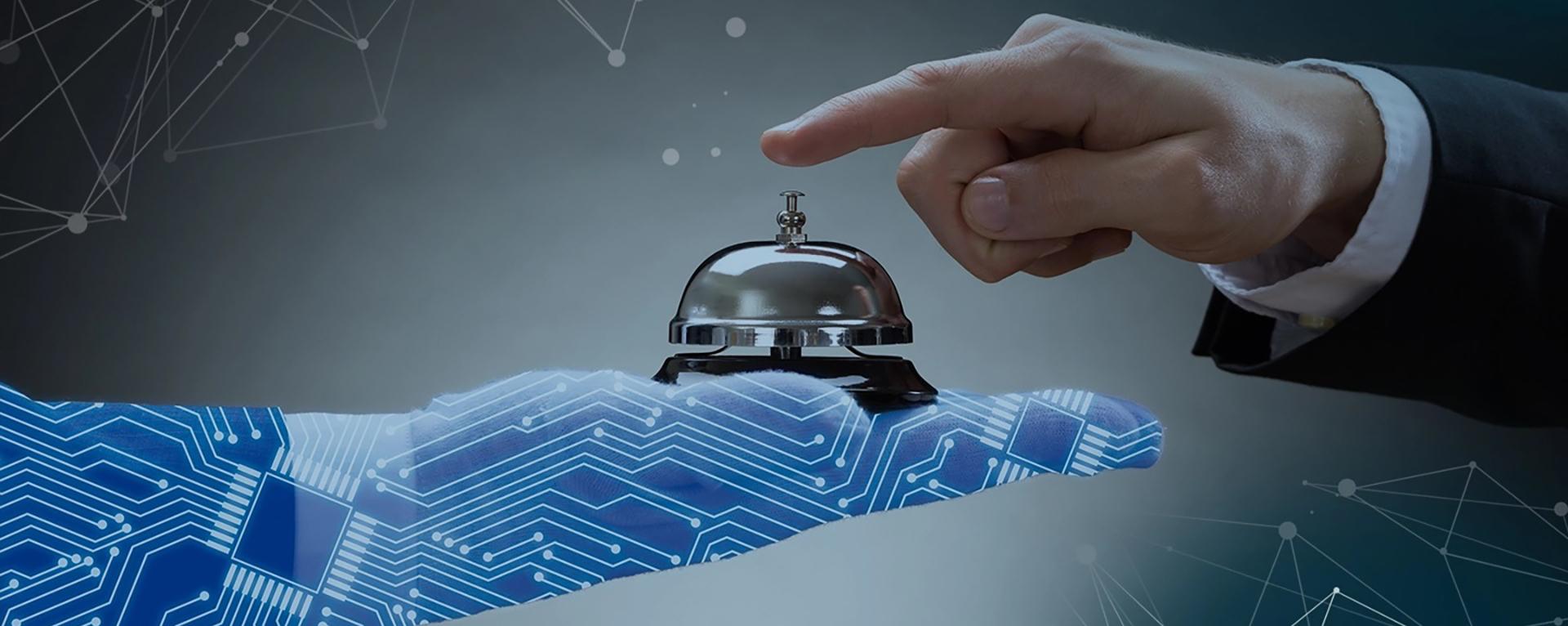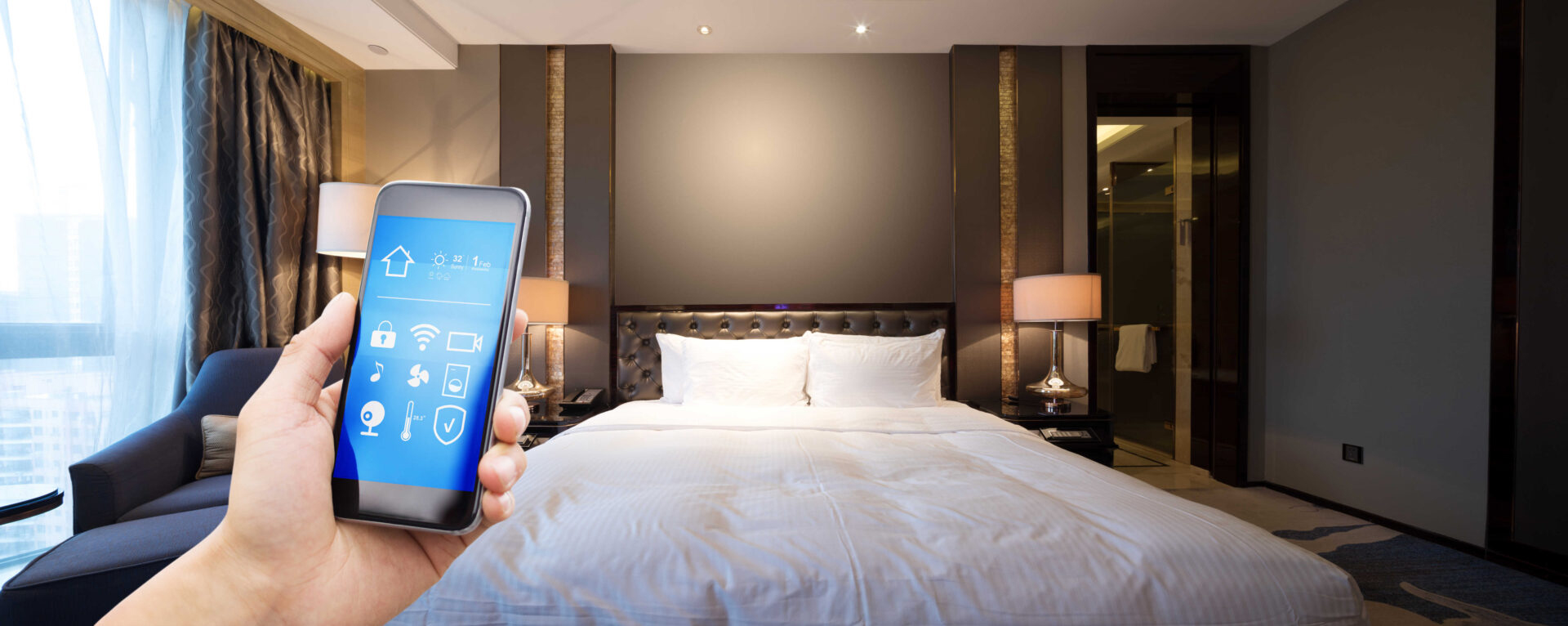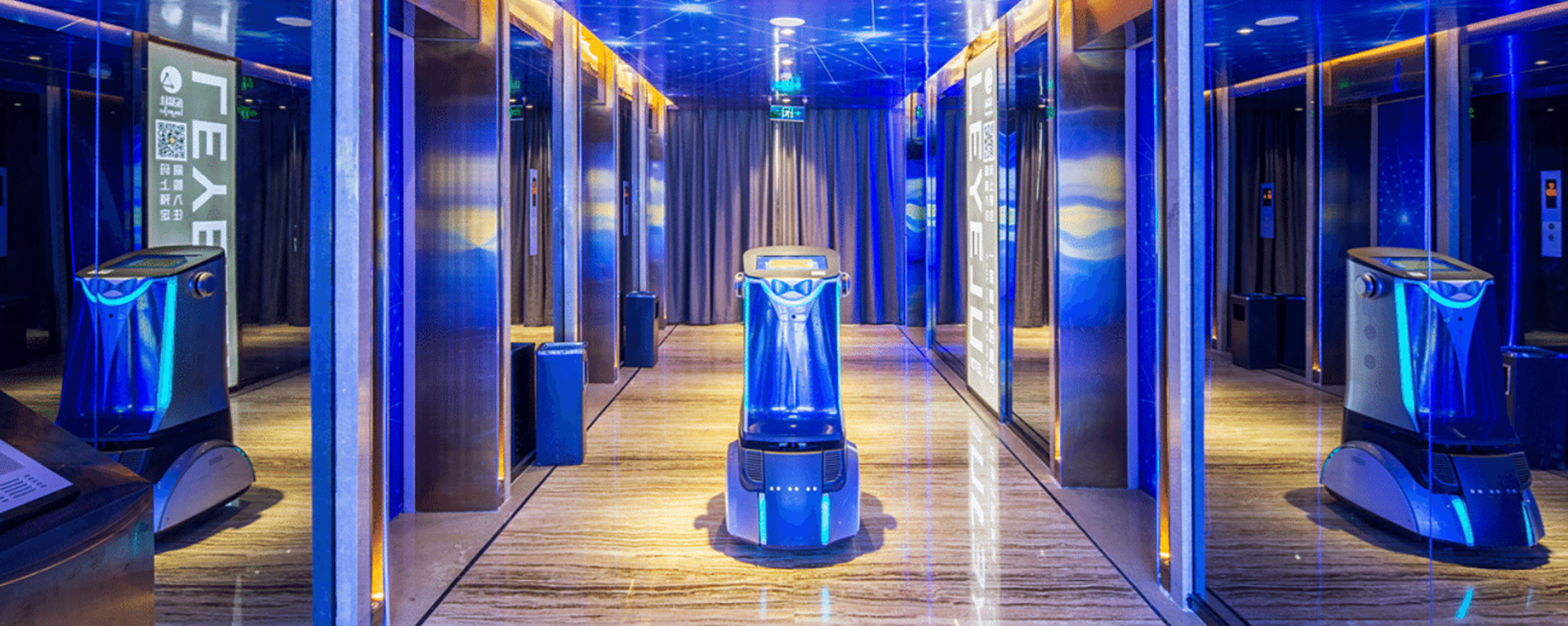Innovation is the key in hospitality!
The hotel industry and, in a wider range, hospitality units and the tourism sector are in a stage of overdevelopment, worldwide and in our country as well. The result of this development is an increase in investments in technological infrastructure, with the aim of adopting innovations and implementing integrated solutions, which will create a competitive advantage, upgrade operations, save costs and significantly improve the customer experience of such companies.
In this context, Hotel Tech 2023, a conference coming up on October 5 2023, at the Divani Caravel, carrying the signature and credibility of Smart Press, will be a summit where experts and leaders from the hospitality and technology sectors will converge, in order to highlight the roadmap and the implementation steps of future hotels.
Its aim is to highlight the newest trends, analyze cutting-edge innovations and examine emerging technologies that are reshaping and redefining the landscape of the hotel industry.

Why should I attend
Technology has a catalytic effect on both the revenues (reservations, spending per guest, ancillary activities) and the costs (economies of scale, energy, automation, etc.) of a hotel. Change is an absolute necessity for anyone who wants to remain competitive. Let’s take a look at the areas in which it has such an effect:
- Customer Experience: The technologies and strategies that improve the overall guest experience and make them feel unique: personalized services, mobile check-ins, contactless payment systems, TV & entertainment, smart room automation!
- Development Services for the Hotelier: Technologies that optimize hotel operations, streamline processes and reduce costs: property management systems, revenue management software, automated inventory control, artificial intelligence!
- Green Transformation – Sustainable Development – Automation – Energy: Technologies and practices that promote sustainability and reduce the environmental footprint: green buildings, energy efficient systems, waste reduction, improved procurement processes!
- Physical Protection and Cybersecurity: As hotels embrace digital transformation, they are becoming more vulnerable to cybersecurity threats – so they are looking for solutions. At the same time, the need to improve physical security also increases!
- Promotion – Management – Reservations – Marketing: Digital marketing strategies, digital advertising, the role of social networks, online reputation management, ways to strengthen a hotel’s online presence!
- Staff Training & Upskilling: The extremely important issue of training and upgrading the workforce to effectively utilize all the new tools: training programs and enhancing customer service skills!

Trends that stand out
- Artificial Intelligence (AI) and Machine Learning (ML): These technologies are increasingly being used to provide personalized experiences to guests. They help analyze their behavior and preferences, and allow hotels to offer personalized services and improve satisfaction.
- Internet of Things (IoT): IoT is transforming the way hotels manage their facilities. From devices that enable smart room control and environmental customization, to automated energy management systems, IoT improves operational efficiency and guest comfort.
- Big Data Analytics: This trend refers to the use of analytics tools to glean insights from massive amounts of data. It allows hoteliers to better understand guest behavior, optimize their business operations and make better targeted decisions.
- Cybersecurity: With the increasing digitization of hotel services, the protection of guest data has become an issue of vital importance. In this case, this need focuses on using advanced security measures to protect hotels from data breaches and other cyber threats.
- Contactless technologies: In a world emerging from a pandemic, contactless technologies such as mobile check-ins, digital keys and contactless payments have evolved into extremely useful solutions. Not only do they offer convenience, they also help ensure the safety of guests.
- Virtual Reality (VR) and Augmented Reality (AR): These technologies are used for virtual tours and simulations, allowing guests to experience hotel facilities and local attractions before they even choose what to visit.
- Robotic Process Automation (RPA): RPA is used in hotels for repetitive tasks such as managing reservations, scheduling cleaning procedures and processing invoices. It reduces human error and increases efficiency.
- Chatbots and virtual assistants: Powered by artificial intelligence, these tools are used for 24/7 customer service to handle common queries and provide personalized recommendations. They improve customer experience while giving staff the opportunity to focus on more complex tasks.
- Blockchain Technology: Although still in its early stages, blockchain could revolutionize hotel reservations and payments by providing secure, decentralized methods that increase transparency and reduce fraud.
- Cloud: Cloud-based solutions are increasingly used in reservation systems, data storage and other functions. They offer scalability, cost-effectiveness and remote access.
- Wi-Fi 6 and 5G: As hotel guests demand seamless and high-speed internet access, Wi-Fi 6 and 5G technologies have become “standard”, supporting the growing use of devices and applications and improving guest satisfaction.

In conclusion, against the background of the digital revolution, this conference aims to answer an important question – which is also, at the same time, a great challenge: How can the hospitality sector use technology to improve the operation and services it offers, staying competitive in a rapidly evolving technology landscape? Register now for free to attend Hotel Tech 2023 for an opportunity to learn, network and participate in driving innovation in the hospitality industry
Target Audience
Hotel Unit Executives (Hoteliers, Hotel Unit Managers, COOs, Facilities and Procurement Managers, Security Managers, Cyber Security Managers, ICT & IT Department Managers, Digital Managers, Electro-Mechanical Project Managers, Consultants, Engineers, Architects, Manufacturers, Subcontractors, Tourism Professionals, etc.) that take part in making important decisions for the selection and management of technology infrastructure in hotel facilities.
It also targets technical companies, subcontractors, manufacturers, technology integrators, installers, project managers, and, in general, businesses and professionals providing telecommunications, IT, energy, air conditioning, security and television equipment, who undertake the implementation of technology projects in hotels and businesses.




